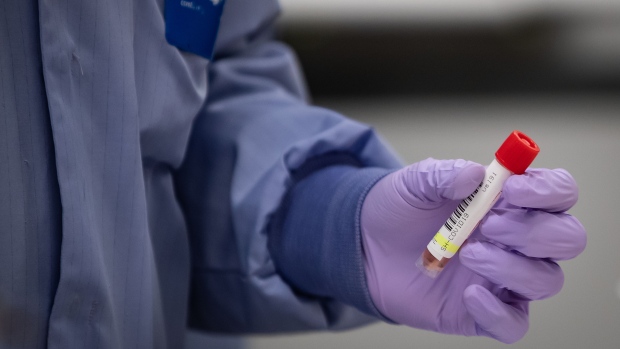Nova Scotia reported six new cases of COVID-19 on Saturday, bringing the total number of active cases to 95.
Four of the cases are in the Central Zone, and two cases are in the Eastern Zone. All cases are under investigation.
With the new cases, Nova Scotians are being urged to continue to practice precautionary measures.
“As we get into the holiday season, weekends are usually filled with friends, family and shopping, but this year must be different,” said Premier Stephen McNeil. “We need to limit our social contacts and non-essential travel, and follow all the other public health protocols. That is how we protect each other and slow the spread of COVID-19.”
“It is encouraging to see new case numbers go below the double-digits we have been seeing but it is too soon to relax now,” said Nova Scotia’s chief medical officer of health Dr. Robert Strang. “We must remain diligent and continue to follow public health orders and advice so we can keep our citizens safe.”
CASE BREAKDOWN
On Friday, Nova Scotia Health Authority’s labs completed 1,410 Nova Scotia tests.
Since October 1, Nova Scotia has completed 74,664 tests. Of those tests, there have been 275 positive COVID-19 cases, of which 180 have recovered; There have been no deaths.
No one is currently in hospital.
Cases range in age from under 10 to over 70.
There are cases confirmed across the province, but most have been identified in the Central Zone, which contains the Halifax Regional Municipality.
The provincial government says cumulative cases by zone may change as data is updated in Panorama, the province’s electronic information system.
COVID ALERT APP
Canada’s COVID-19 Alert app is available in Nova Scotia.
The app, which can be downloaded through the Apple App Store or Google Play, notifies users if they may have been exposed to someone who has tested positive for COVID-19.
LIST OF SYMPTOMS
Anyone who experiences a fever or new or worsening cough, or two or more of the following new or worsening symptoms, is encouraged to take an online test or call 811 to determine if they need to be tested for COVID-19:
Sore throat
Headache
Shortness of breath
Runny nose/nasal congestion
































